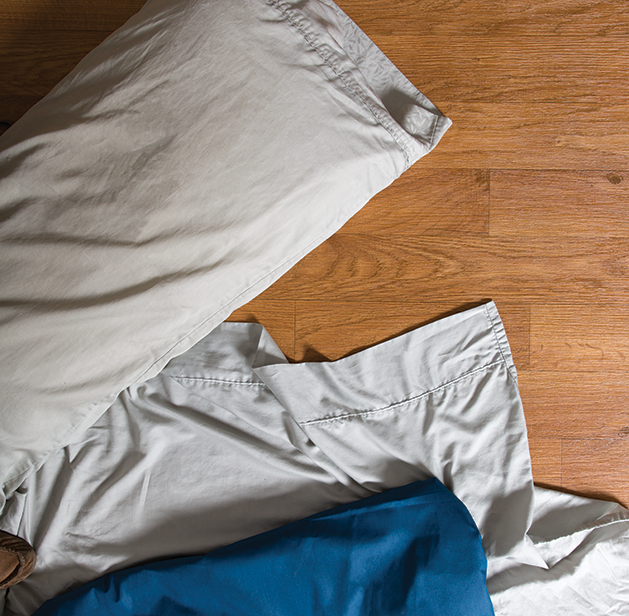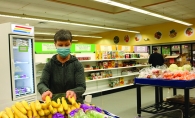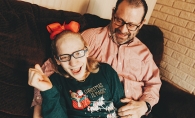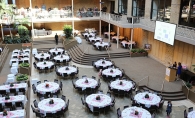
This holiday season, Interfaith Outreach is asking area residents to press pause on material traditions to spend one night away from the comfort of their beds and devices in a new community-wide fundraising event called “The Bedless Night.” While this is a new event, it's the 22nd year that the organization has brought residents of Plymouth and surrounding communities together to raise funds for its the Sleep Out campaign and briefly experience homelessness—something many are unaware could be happening in their own neighborhood.
Suburban homelessness looks different than people expect because it’s often concealed. “It’s just not visible,” says Lani Willis, development manager at Interfaith Outreach. “A lot of times when people are in a housing crisis here, they will double up with a family member or a friend, or they will sleep in their car, or they might leave the kids with an aunt or uncle and [the parents] sleep in their car.”
This lack of visibility leads many well-off residents to believe that the issue doesn’t exist around them. “People don’t think of the Wayzata area as poor, they think of affluence,” says Willis. “So they don’t think homeless, and they don’t think struggling. But just like in any community, there are plenty of people who need support.”
While Interfaith’s Sleep Out fundraising campaign traditionally takes place outdoors, Bedless Night will allow people to take part from their own homes. This alternative appeals to those who wish to participate, but may suffer from health problems, or to families who are averse to sleeping outside in the cold. The fundraising period will last until New Year’s Eve, and participants can choose whichever night they wish between December 1–10 to go “bedless.”
Deb Lande, marketing and communications director at Interfaith, says they’ve worked closely with caseworkers who are working with individuals and families to get them back on their feet. The aim is to respectfully form the event around authentic experiences of those living without homes. “We try to figure out how we can we make them real so that people in the community understand,” she says, “but also honor that this is a journey that they’re experiencing in a moment, and not who they are as people.”
Volunteers will be provided with an online “toolkit” that will contain information and true stories that will put their own night into real-life context. Parents are encouraged to task the kids with determining who will sleep where, as well as deciding which belongings would be needed. For participants who opt to sleep out of their car, they will be provided a list of items contained in the standard emergency kits given out by Interfaith Outreach.
“I’m excited to see how my 6-year-old son can relate to this experience,” says Charles Lazarus, a participant of this year’s event. Lazarus says that he wasn’t aware of poverty outside of the city until he became involved with Interfaith Outreach. He only wishes the event went further to stress the seriousness of the issue. “It will be incumbent upon those who participate to use the experience as a window of empathy into the real experience of others in much more dire and stressful circumstances.”
Lande says the best thing to come out of this event is overall empathy and awareness of the issue. She hopes it will lead to further action. “They’re experiencing homelessness, they aren’t labeled ‘homeless people,’ and I think that’s a really important distinction for us to understand,” she says. “They’re in a moment in time that they need some help through, but it’s not going to be forever if they get a little help.”
Poverty in the Suburbs
Of the eight cities that Interfaith Outreach serve, including Plymouth, Hamel, Medicine Lake, Medina and Orono, 14 percent of residents are living in poverty.
Of the 2,005 families that Interfaith assisted last year, 436 were homeless.
While families normally spend 30 percent of their income on housing, those assisted by Interfaith spend closer to 65 percent of their income to keep a roof over their heads. This puts them one costly accident or car repair away from losing their homes.









